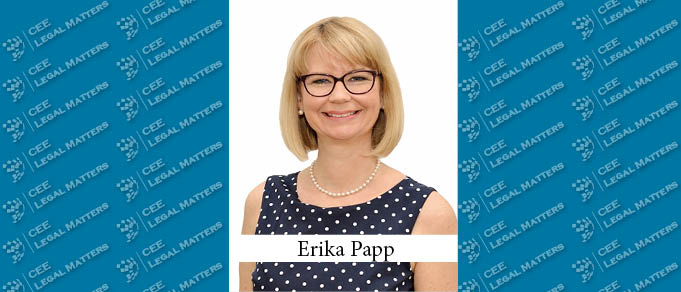The Hungarian banking sector enjoyed a banner year in 2019, but still faces challenges. Legislative changes are creating more aggressive competition between banks, which in turn are cutting fees and demanding flexible financing structures in order to survive. Although some banks are unwilling to take part in these practices, one thing is certain: All banks must adapt to the new regulatory environment. I’ve outlined some of the major challenges that Hungarian banks face in the near future.
New Insolvency Regime
Banks will have to forget everything they know about bankruptcy and insolvency since new legislation is now being drafted to replace the current law, which has been repealed to comply with a 2019 EU Directive on preventive restructuring. These two pieces of legislation – the EU Directive and the new Hungarian law – will provide regulatory cover for much of the life of a Hungarian company, starting from the date a firm experiences financial difficulties and initiates preventative restructuring to avoid insolvency (the period covered by the Directive) to when the company becomes bankrupt and must either be reorganized (according to the bankruptcy process) or terminated.
Digitalization
Under EU Directive 2015/2366, also known as the Payment Services Directive (PSD 2), and its Hungarian implementation law, banks are required to open their systems to “payment service providers” and “payment information service providers,” which gives small businesses the opportunity to connect to a customer’s bank account to provide services or initiate payments. Another EU regulation facilitates electronic transactions. The Electronic Identification, Authentication and Trust Services directive (eIDAS) requires banks to identify customers electronically. To that end, eIDAS has created standards for electronic signatures, qualified digital certificates, electronic seals, and other authentication mechanisms.
To prevent fraud, the European Banking Authority has published guidelines on customer authentication and secure communication, which should have far-reaching implications on the competitive position of banks in the digital era. Because legal obstacles in Hungary prevent banks from digitalizing their operations, the Hungarian Banking Association has drafted 22 recommendations to help bring Hungarian banks into the digital era.
Reinvigorating the Bond Market
In a bid to reinvigorate the bond market, the Hungarian National Bank has launched a national bond program, involving the purchase by the National Bank of a maximum 50% of primary-market issues. The issued bonds must be listed on the Xbond platform of the Budapest Stock Exchange and must be issued in Hungarian forints. Issuers must have a minimum B+ rating and the offering must be public with a three-to-ten-year term. The coupon type can be fixed floating or zero coupon. Since September, MOL, Cordia, and Pannonia Bio have participated. Financing banks were also asked to purchase bonds, which some declined to do, given their lack of experience with transactions of this type and the risks entailed in having to repay bond yields quickly. But more progressive banks have been eager to participate.
Energy Financing
Energy financing was dormant until 2019 when a solar financing boom began in Hungary. This boom, which should continue throughout 2020, was possible after the Hungarian Energy Office began issuing KAT (Kotelezo Atveteli Tarifa) and METAR licences for solar projects. Banks have been waiting for energy financing possibilities for years and are now competing to participate in these projects. But legal challenges have arisen because some of the land on which these projects are based qualify as farmland or industrial properties not owned by the solar project company. Also, lawyers are undecided whether a solar-panel unit is real estate or a fixed asset. This ambiguity complicates matters when a bank tries to create a security interest for solar panels. For this reason, some banks are reluctant to finance solar projects while other banks are able to live with these risks.
2020 will not be an easy year for Hungarian banks due to these legislative changes. Banks have tasked their legal departments and outside counsels to bring clarity to these issues, but the environment will remain uncertain so long as gaps in regulation remain.
By Erika Papp, Managing Partner, CMS Hungary
This Article was originally published in Issue 7.3 of the CEE Legal Matters Magazine. If you would like to receive a hard copy of the magazine, you can subscribe here.



